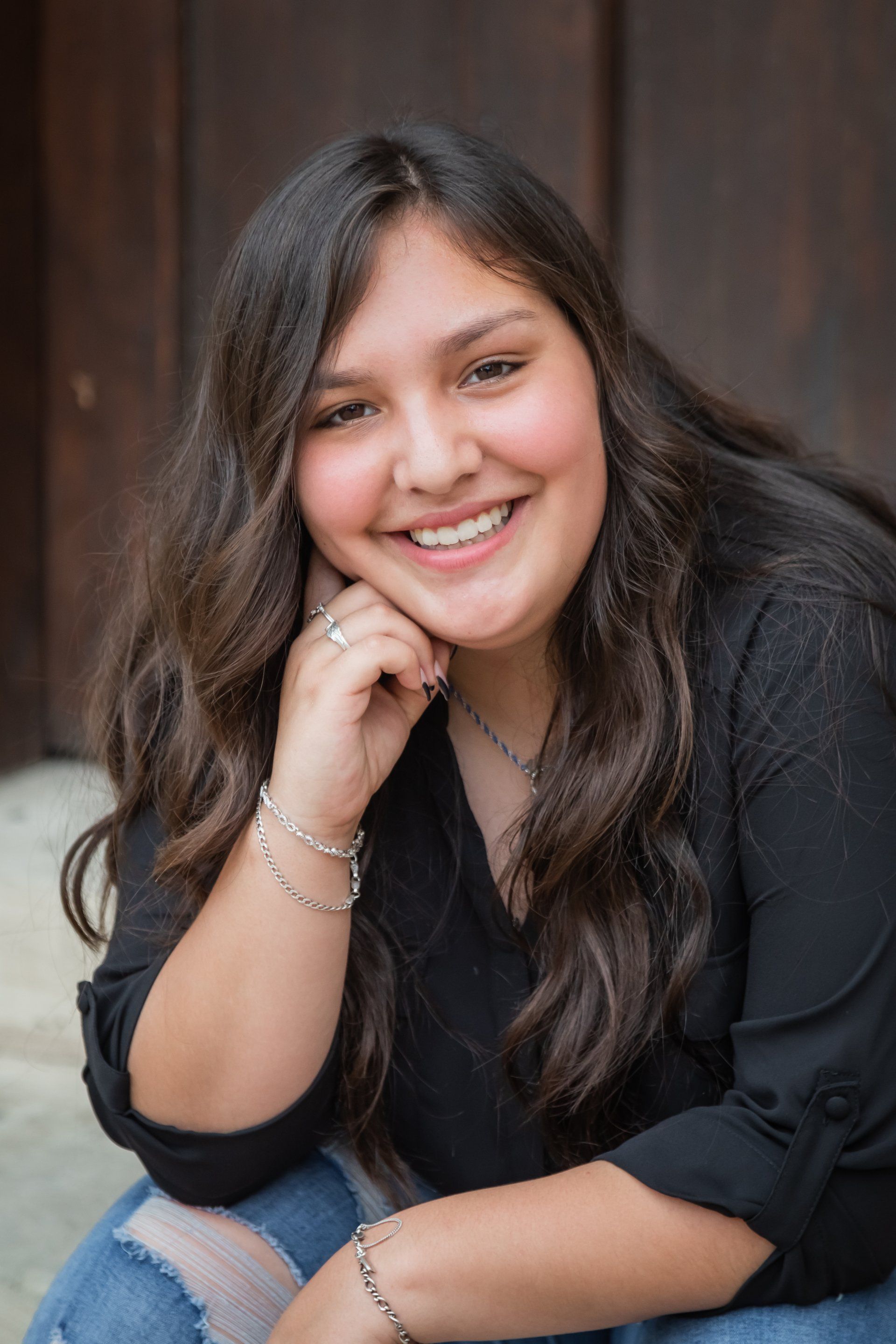Story of Hope: Monica Reyes
Story of Hope: Monica Reyes
In February 2020, I knew I wanted to volunteer with an organization that focused on helping our community while improving the lives of children. A Google search provided me with more background into CASA and their mission, as I was not familiar with this wonderful agency or the role they played in our community! Along with the rest of the world, CASA had to adjust to the COVID pandemic unfolding and I became part of the first virtual class of Advocates to be sworn in on April 17th, 2020.
My journey as an advocate began with me being assigned to a 15 year-old who had experienced neglectful, physical, and sexual abuse. I would serve on that case for approximately 11 months, however the case was closed due to my assigned youth being on runaway status and CPS being unable to locate her. This lead to me being unable to continue my advocacy for that child. I was a bit crushed with being unable to see my first case through to the end, yet undeterred with continuing to advocate for children in the child welfare system. CASA staff reached out to explain that they were in need of re-assigning an advocate to a case with many similarities to my previous case, so we scheduled a meeting for me to consider helping another female youth.
I learned about Ariel and her familial history leading to her coming into care for a second time. Ariel was 14 years old when she came into care after being adopted 7 years prior—that case involved Ariel being abused by her biological parent. This time around, Ariel’s adoptive mother expressed that she had made efforts to address Ariel’s trauma history to no avail with Ariel continuing to demonstrate incidents of defiance and running away, making it unbearable for the family. The last incident, involved Ariel running away and meeting up with an older male described as a “serial sexual offender”. Ariel was located by law enforcement and the FBI became involved due to concerns of her being sexually abused and possibly a victim of human trafficking. I was informed that Ariel was placed out of town in a facility that was able to meet her specialized needs. My supervisor explained that this case would likely require long-term advocacy and a person that could be consistent with the hope of getting Ariel trauma informed care leading towards permanency.
I have communicated with Ariel via phone calls, virtual meetings and in-person. Even though Ariel is placed 2 hours away, I made the commitment to try and see her in person as often as possible. During our first meeting Ariel was shy and a bit reserved, however she warmed up to pretty quickly given that I tried to communicate with her by phone/Zoom on a weekly basis. Ariel often mentioned how she was doing well in placement with little to no conflict, but her adoptive mother was not visiting or calling frequently—even on holidays. Ultimately, Ariel’s adoptive mother would ask the court to relinquish her rights noting she did not feel she would ever see Ariel returning to their home/family. While speaking to Ariel, she also expressed that she could not see herself returning to the care of her adoptive mother. As her advocate, this felt crushing but I had to think of what was best for Ariel—the court ultimately granted termination of adoptive mother’s rights’ to allow for the potential for Ariel to be adopted by another family.
As I participated in the case I was constantly reminded by placement staff and her case manager that Ariel was a smart, delightful child, who was never disrespectful to adults and overall a good listener—such a difference than the youth I read about. This case has been so rewarding, because I have been able to observe Ariel grow and become her biggest advocate who uses her voice to describe her wants and needs. As a CASA, I have been able to see the role advocacy plans towards normalcy, legal, medical, education and permanency!
Normalcy: Ariel’s placement held a Quincenera for her and she enjoyed the night with staff and her friend’s. Ariel also started expressing the desire to date and engage in community activities like going to church, shopping and going to movies with friends.
Legal: Throughout the case, I worked to ensure that Ariel’s needs and overall best interest were presented to the judge. Ariel was able to get photos from her adoptive mother based on CASA noting the concern during hearings.
Educational: Ariel was struggling to make progress with online, self-paced educational curriculum, however she was able to transition to in-person instruction for 2021-2022 school year and increase in her academic performance. She will be promoted to the 10th grade!
Medical: Ariel had various mental health diagnosis including: attention deficit disorder, bipolar disorder, mood disorder, and sleeping disorder. This required ongoing use of various psychotropic meds and ongoing evaluations, as of May 2022 Ariel is off all psychotropic medications due to significant progress noted in her behaviors and overall ability to develop positive coping skills. She continues to receive ongoing therapy.
Permanency: Her case manager from her previous placement gained such an adoration and love for Ariel that she and her husband became licensed to become Ariel’s formal placement. Ariel appears thrilled at the thought of being adopted and refers to her adoptive parents as “Mom” and “Dad”. Ariel’s projected adoption date is August 2022!
I am honored to have been a part of Ariel’s success story, along with CASA, CPS and all those that helped her along the way. I will forever harvest so much gratitude in helping amplify Ariel’s voice when she most needed it.









